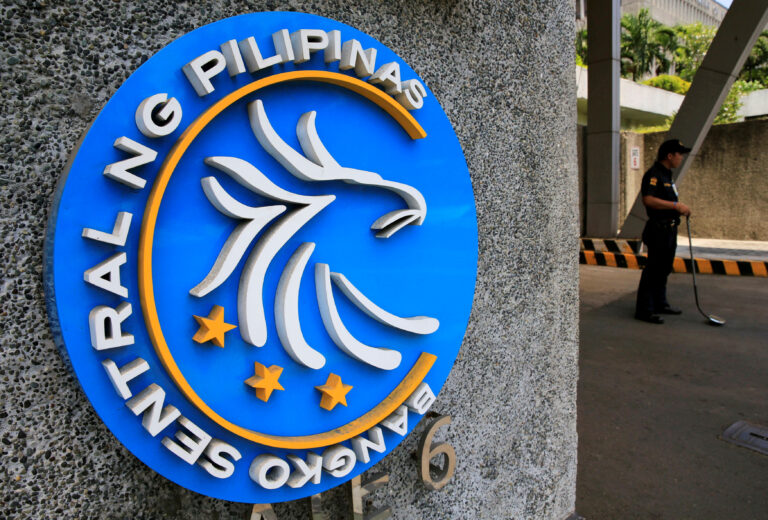The Philippine central bank is examining GCash following accusations of unauthorized transfers, which the company blamed on an internal system problem. The Bangko Sentral ng Pilipinas (BSP) has directed GCash to swiftly rectify the issue and compensate affected customers. BSP will conduct additional vulnerability assessments and assure regulatory compliance. GCash, which has 94 million users, has informed customers that their accounts are secure and that refunds are being processed. Users can report unsolved problems through the BSP’s online channels.
Editor’s Note: Unauthorized transfers could have been the consequence of hacking, notwithstanding GCash’s claim of an internal system error. The central bank’s intervention to enforce accountability shows weaknesses in even the most commonly utilized digital networks. This is especially alarming as the Philippines prepares to embrace Central Bank Digital Currencies (CBDCs), which will centralize even more financial activities on digital platforms. While CBDCs promise increased efficiency, the risks of hacking, fraud, and illegal access rise as more individuals rely on digital-only financial solutions. [See also: Philippines’ National ID Push: Are Data Security Risks Being Overlooked?, Global Tech Outage: A Wake-Up Call for Decentralization]
Read Original Article
Read Online
Click the button below if you wish to read the article on the website where it was originally published.
Read Offline
Click the button below if you wish to read the article offline.
